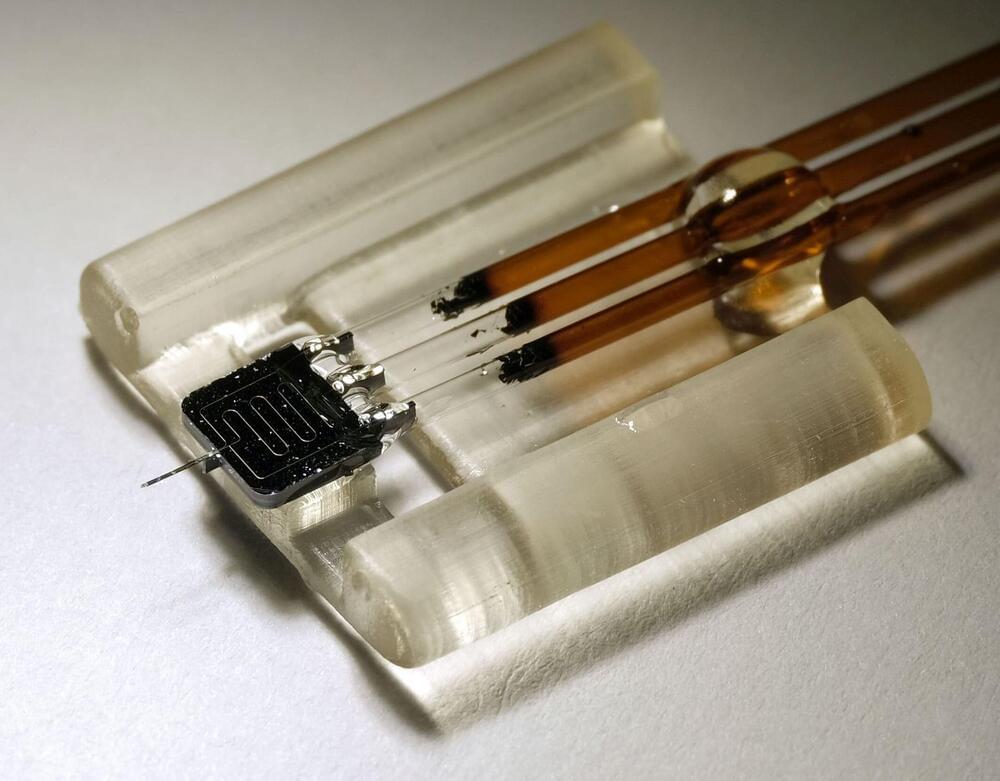Discussions are emerging about conducting clinical trials on humans with nanorobots for medical applications. Currently, in the United States, four burgeoning companies are striving towards this aim, working to advance their nanomachines into Phase 1 studies, subsequent to laboratory research and preclinical trials on animals.
The article “Delivering drugs with microrobots”, published in Science on December 7, 2023, has recaptured the international scientific community’s attention on the practical, effective use of nanorobots in Clinical Practice and Medicine.
Its author, Bradley Nelson, a Robotics and Intelligent Systems professor at ETH Zurich, poses a straightforward question: where are these diminutive biocompatible machines, designed to be injected into the human body for more efficient exploration, internal repair, and precise, targeted drug delivery? Researchers have discussed them for years – he notes – yet we still do not see them progressing from laboratories to the forefront of clinical trials. How close are we to this milestone?









